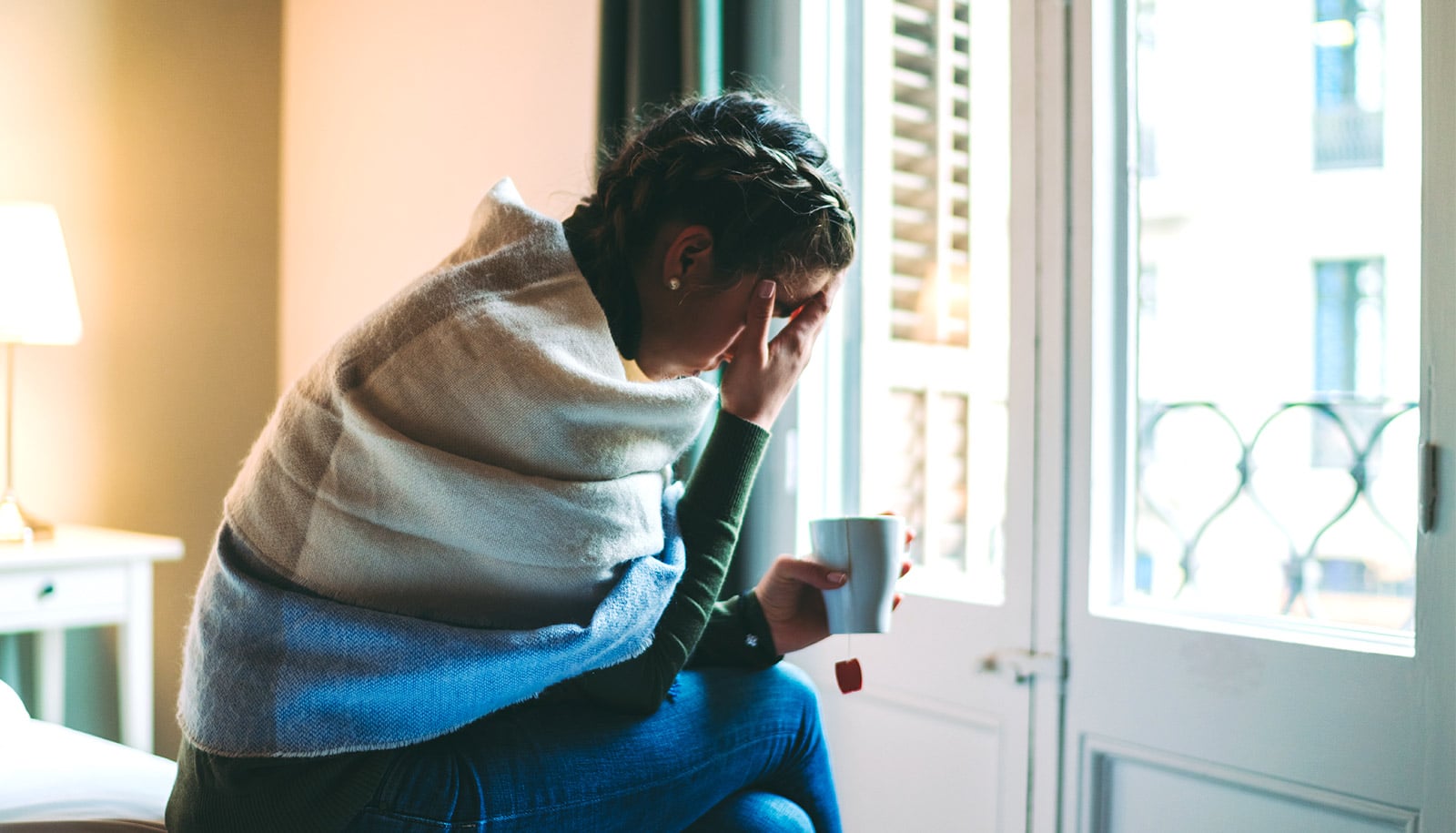
Is five days of isolation for people infected with COVID-19 long enough to make sure the infected person and the larger community stays safe? The short answer appears to be yes—with a few caveats.
When the Centers for Disease Control and Prevention said in January it was shifting its recommended isolation period for people infected with COVID-19 from 10 days down to five days, followed by five days of mask-wearing, some people raised concerns or questions about whether five days of isolation was too short.
In the pandemic’s early days, the CDC had started out recommending 10 days of isolation and 14 days of quarantine, so five days seemed like a significant reduction.
For a new study, researchers tracked a cohort of students at Boston University who’d tested positive for SARS-CoV-2 as part of the University’s broader testing program, asking them to self-perform daily swabbing and symptom screens for the next 10 days.
The majority of those in the study who first tested positive were no longer positive after five days in isolation (in fact, most of them tested negative after three days of isolation). However, among 92 active participants in the study (all fully vaccinated), 17% still tested positive after five days, which is why the second component to the guidelines—consistent mask-wearing for five additional days—remains vital.
The study’s conclusion says the majority of the infected cohort had converted from positive to negative by day six, and that “rapid antigen testing may provide reassurance of lack of infectiousness.”
Masking for a full 10 days “is necessary to prevent transmission from the 17% of individuals who remain culture positive after isolation,” the study says.
The research is published on the preprint server MedRXiv, which means it is in the process of being peer-reviewed. But because of the urgency of any funded research involving the coronavirus, the researchers are making their findings public.
Here, Tara Bouton, assistant professor of medicine in the section of infectious diseases at Boston University, explains the findings:
Funding for this study came from the Massachusetts Consortium on Pathogen Readiness (MassCPR) and Boston University.
Source: Doug Most for Boston University